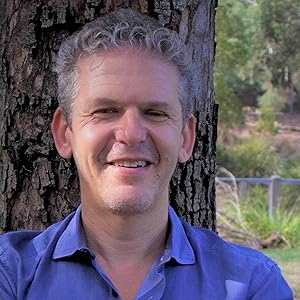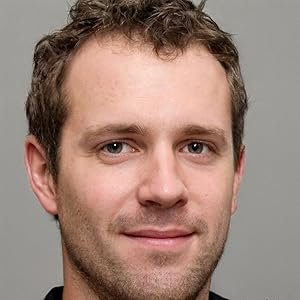Steven C. Hayes
关于作者
My goal is a psychology of human functioning that transforms how we live our lives. That passion comes from personal pain. As a young professional I spiraled down into panic disorder and at the very lowest point in 1981 (www.bit.ly/StevesFirstTED) I found a way forward by turning toward pain and suffering, which then allow me to turn toward meaning and purpose. I tell this story in my book, A Liberated Mind. I immediately saw movement not just in myself, but also in my clients. Over two or three years I roughed out ACT (Acceptance and Commitment Therapy ... by the way ACT is called "act" not Aay, Cee, Tee), and did a few outcome studies. Then I put randomized controlled trials on hold, while I and my team developed a basic science approach to human language (Relational Frame Theory or RFT), clarified the philosophy of science issues needed to do science in this slippery area (functional contextualism), developed a new behavioral approach to scientific development, Contextual Behavioral Science, and work on the techniques, measures, and theoretical concepts that would support all of this, especially the applied model called "psychological flexibility." Most of this was done at the University of Nevada, Reno, where I moved as a psychology professor in 1986. Finally, in 1999 the first academic book on ACT appeared. At the time there were only 2 published randomized control trials of ACT. This book followed by the first RFT book in 2001, and then work really began to take off. We began doing outcome studies in earnest at the turn of the century. There are now several thousand studies on this work, including nearly 900 randomized controlled trials (see bit.ly/ACTRCTs) and nearly 300 meta-analyses or systematic reviews (see bit.ly/ACTmetas). ACT and RFT is being developed by a worldwide association of over 9,300 professionals with over 30 chapters outside of North America in 20 different languages -- the Association for Contextual Behavioral Science (ACBS: www.contextualpsychology.org). At ACBS you will find list serves for professionals and a list of ACT therapists (bit.ly/FindanACTtherapist). I've written 47 books but mostly for academics. My first popular book was Get Out of Your Mind and Into Your Life (with Spencer Smith; New Harbinger Publications, 2005) but I have a cool recent one I worked on for 11 years called A Liberated Mind: How to Pivot Toward What Matters (2019; Penguin/Avery). It is a think book / self-help book / personal story / science story. It shows why psychological flexibility matters. If you want to be on my newsletter list go www.stevenchayes.com and click on "yes, please send it to me." I will start by sending you a 7 part mini-course on ACT. If you want a short and beautiful illustrated Ebook on "ACT in a Nutshell" drawn by my daughter Esther (her depiction of the Dictator Within will stay with you, I guarantee!), go to stevenchayes.com/a-liberated-mind and I'll send it to you. If you are a therapist, my newest book is called Learning Process-Based Therapy, written with Stefan G. Hofmann and David Lorscheid. It shows how to use processes of change to understand your clients and to fit treatment to them in an individually tailored way. I continue to teach at UNR, but not for much longer (I will be retired from the academy in June 2023). I am now President of a 45 year old charitable organization, the Institute for Better Health, which is using modern technology to foster individually tailored psychological help. I spend my days writing, researching, helping my students, answering emails, hugging my wife, and appreciating my children (ages 16, 30, 33, and 52). I spend a lot of time trying to support the ACT, RFT, and process-based work of others. You can learn more about my work at my website: www.stevenchayes.com
阅读完整简历















